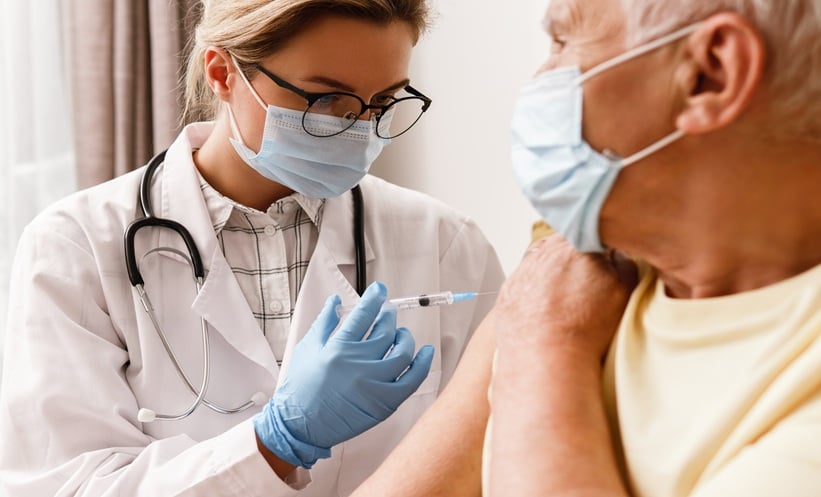A LARGE international cohort study has found that people with HIV who achieve long-term virological suppression through antiretroviral therapy but experience suboptimal immune recovery are still at a significantly higher risk of developing cancer. This finding highlights a persistent vulnerability in HIV care that is not addressed solely by achieving viral control.
Researchers analyzed data from 48,343 adults living with HIV across the D:A:D and RESPOND collaborations in Europe and Australia. All participants had maintained at least two years of virological suppression between 1999 and 2022. Despite this, over a median follow-up of 6.2 years, there were 1,933 incident cancer cases, equating to a cancer incidence rate of 6.43 per 1,000 person-years.
The key differentiator was immune recovery as measured by CD4 cell counts. Patients with a time-updated CD4 count of less than 350 cells/µL had the highest risk of developing cancer. In contrast, those with CD4 counts between 350-499 cells/µL had a 55% lower adjusted incidence rate ratio (aIRR 0.45, 95% CI 0.39-0.51). The risk decreased further among those with CD4 counts of 500-749 (aIRR 0.30, 95% CI 0.27-0.34) and 750 or more (aIRR 0.26, 95% CI 0.23-0.30).
Importantly, the study found that this association held true across different types of cancer, including AIDS-defining cancers, non-AIDS-defining cancers, infection-related cancers, and infection-unrelated cancers, regardless of the patient’s lowest-ever CD4 count before starting treatment.
These findings emphasize the need for clinicians to consider CD4 count trajectories, not just viral load, when assessing long-term health risks in people living with HIV. Monitoring and supporting immune recovery could be a critical step toward reducing cancer burden in this population.
Reference:
Han WM et al. Risk of cancer in people with HIV experiencing varying degrees of immune recovery with sustained virological suppression on antiretroviral treatment for more than 2 years: an international, multicentre, observational cohort. Clin Infect Dis. 2025;ciaf248.








